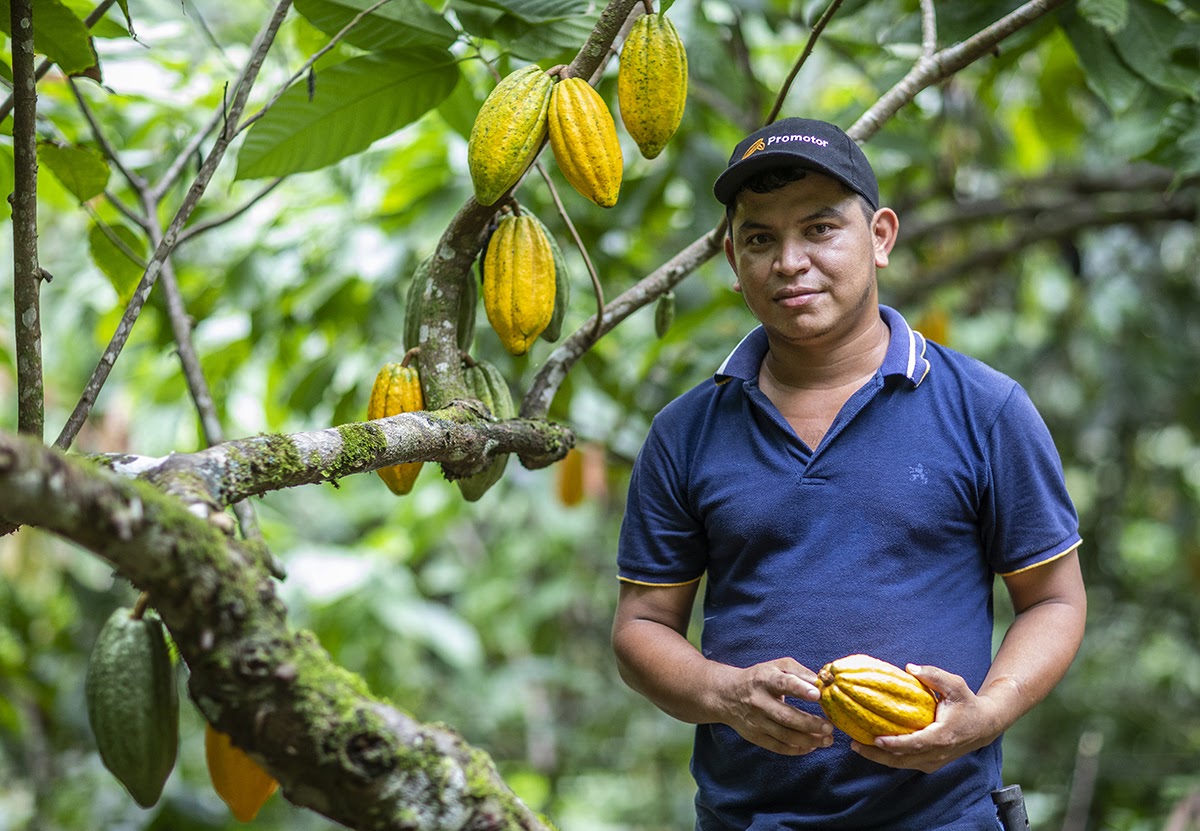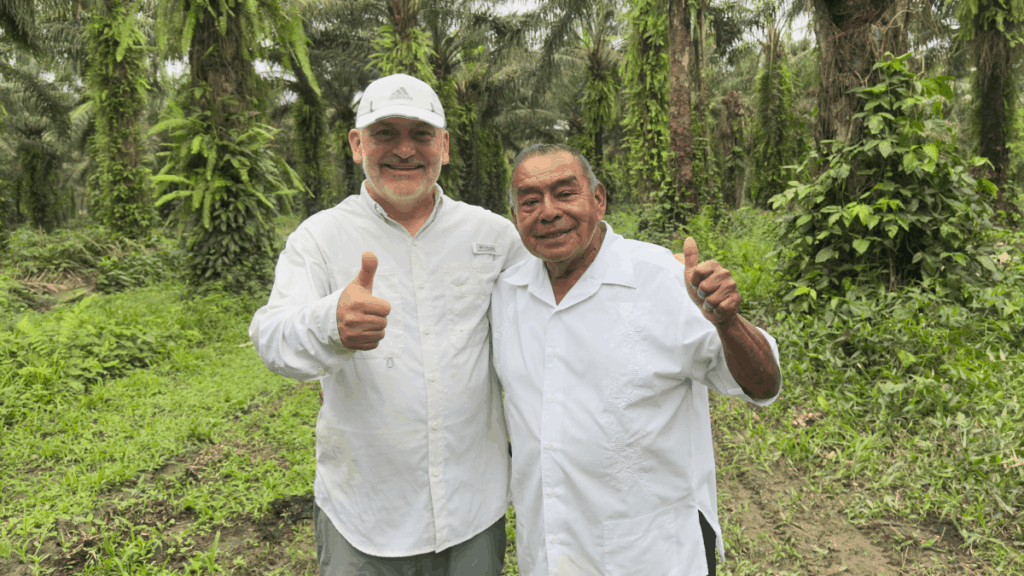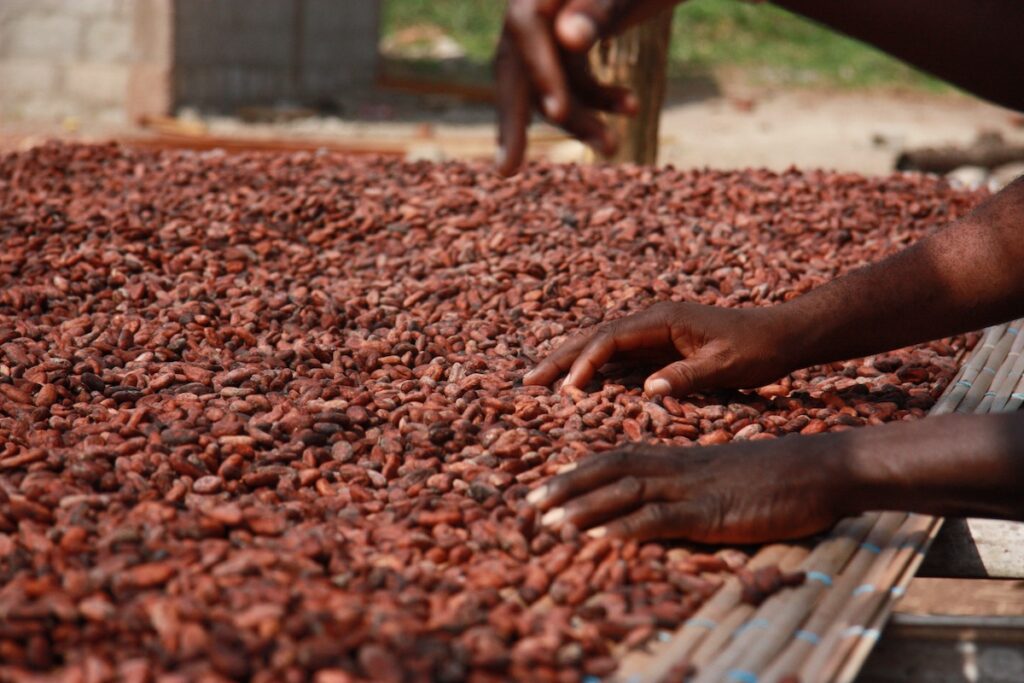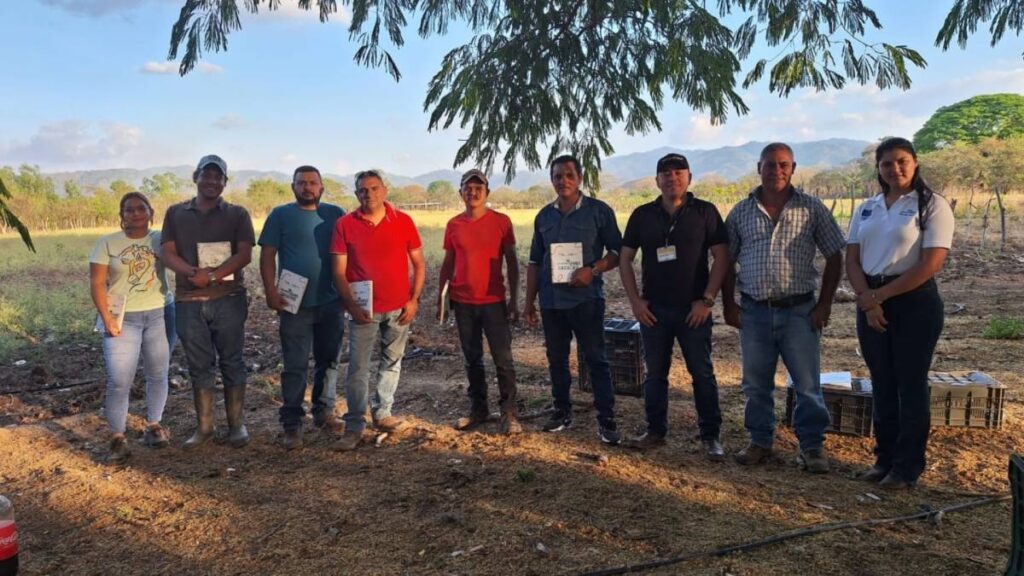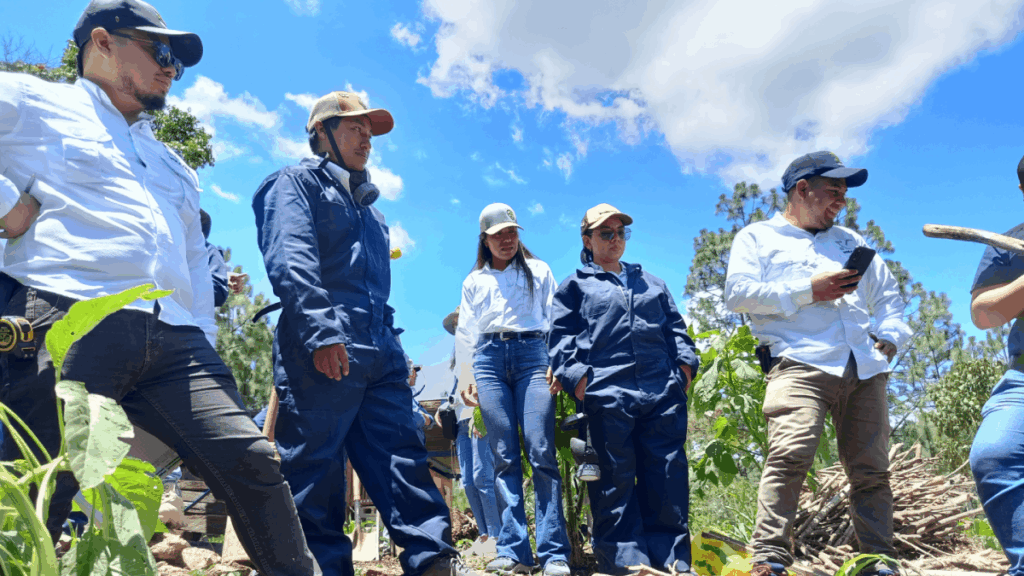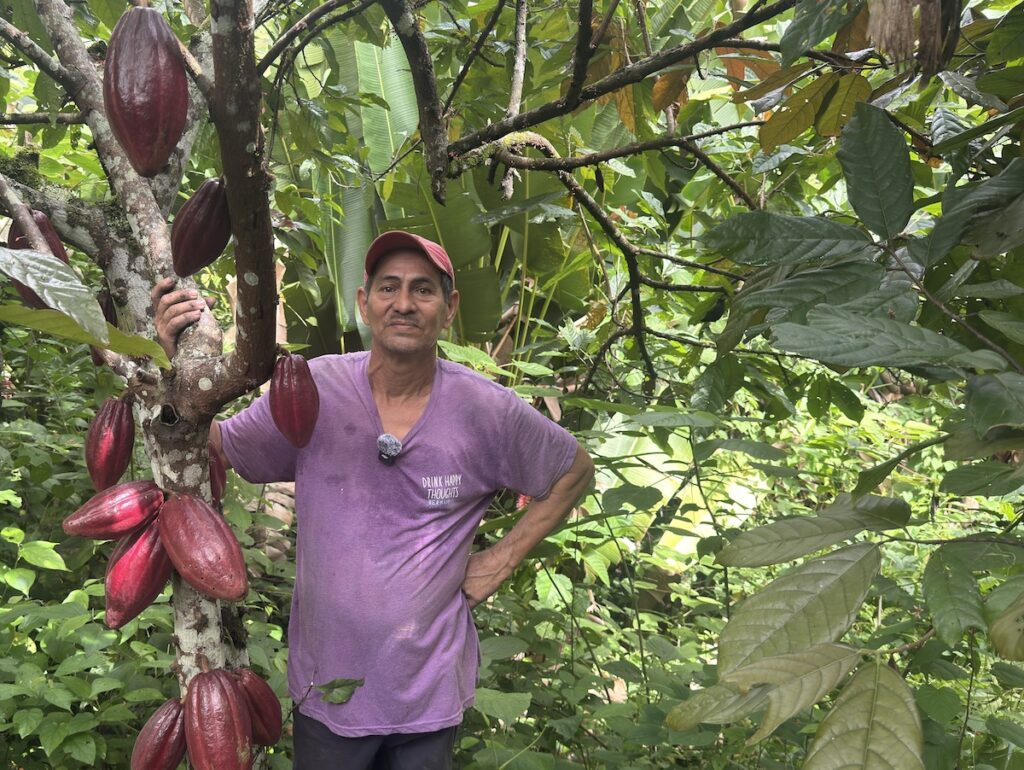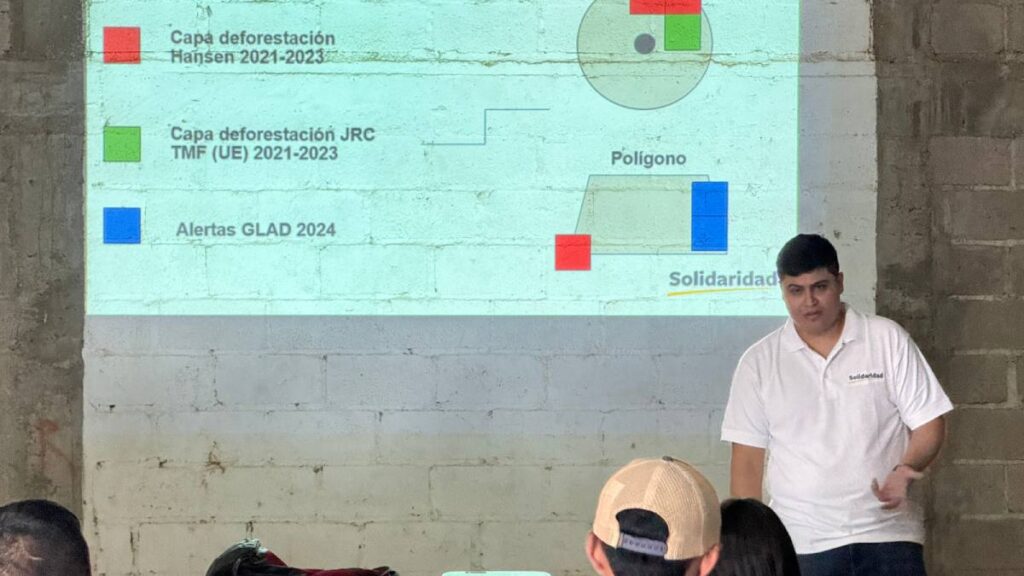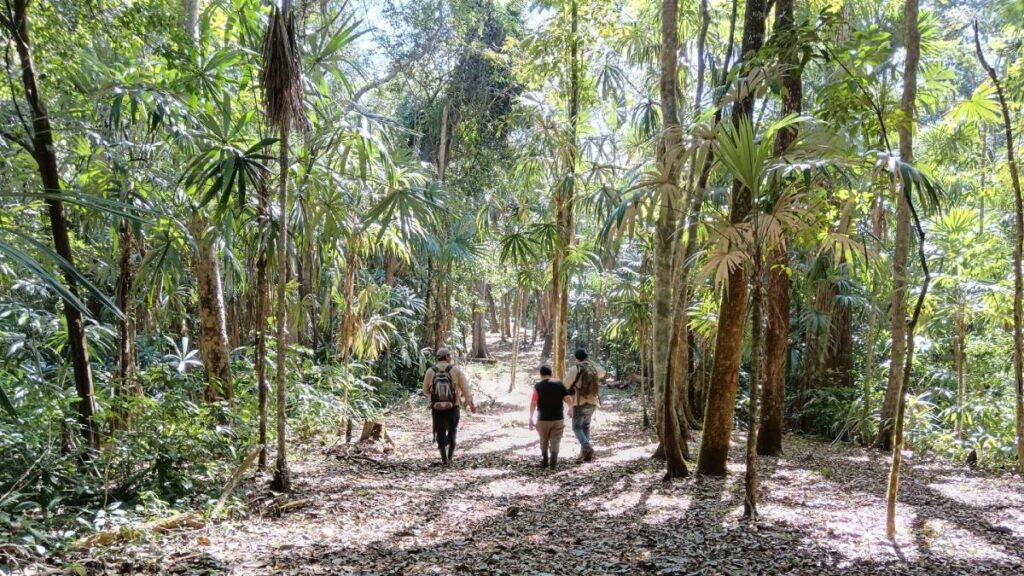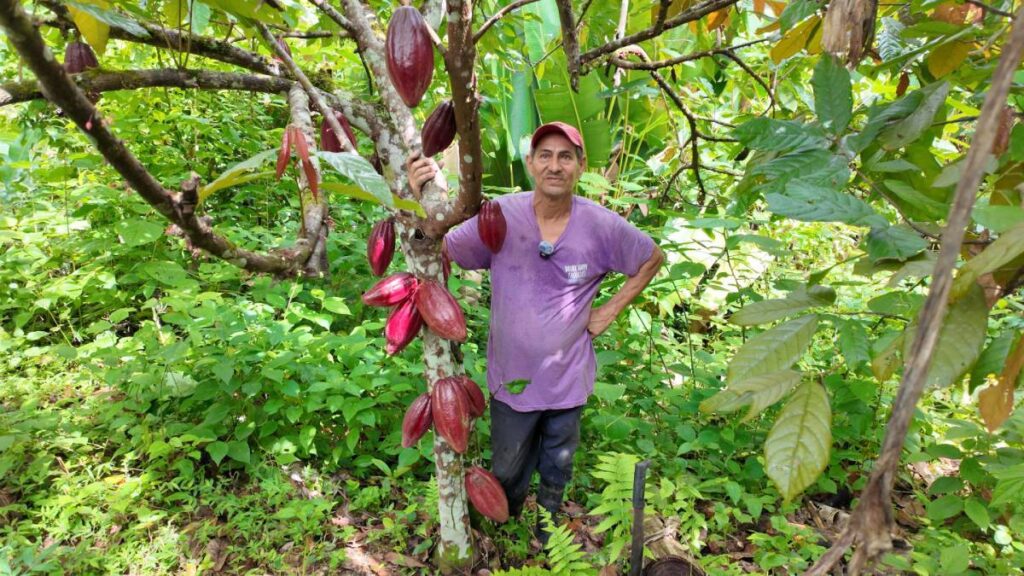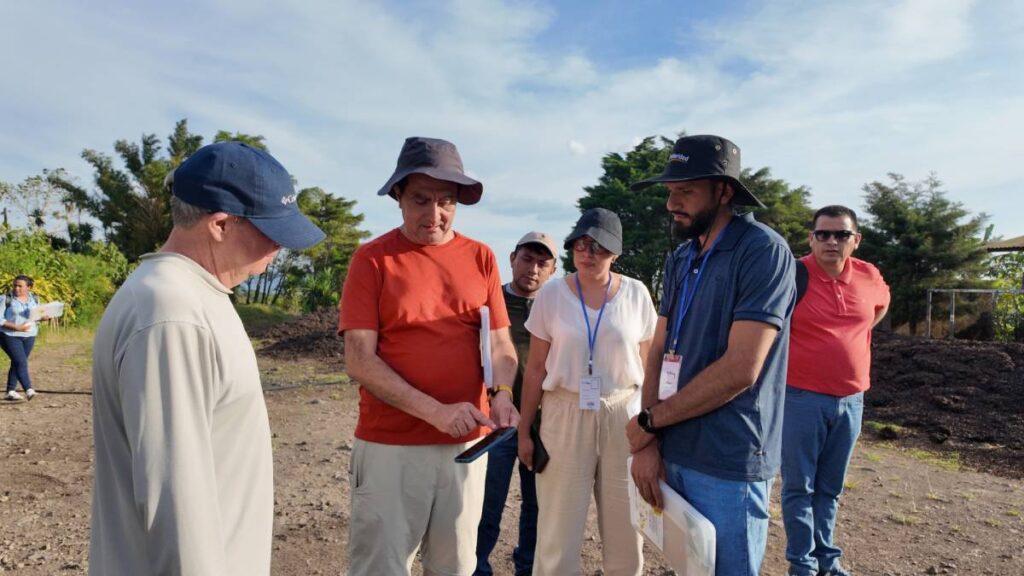When choosing a certain product or supporting a specific company, informed consumers take into consideration a number of factors — like a company’s “green” footprint or its record on paying a living wage. Last month, Nico Roozen, Solidaridad’s Honorary President, spoke about this topic, encouraging using a more nuanced economic lens to understand the role of the entire family in productive systems. Although he focused on West Africa, the same issues are prevalent in Central America and Mexico. We should consider the broader context in which a company works, as well as the multiple actors — like smallholder producers — working in their supply chain.
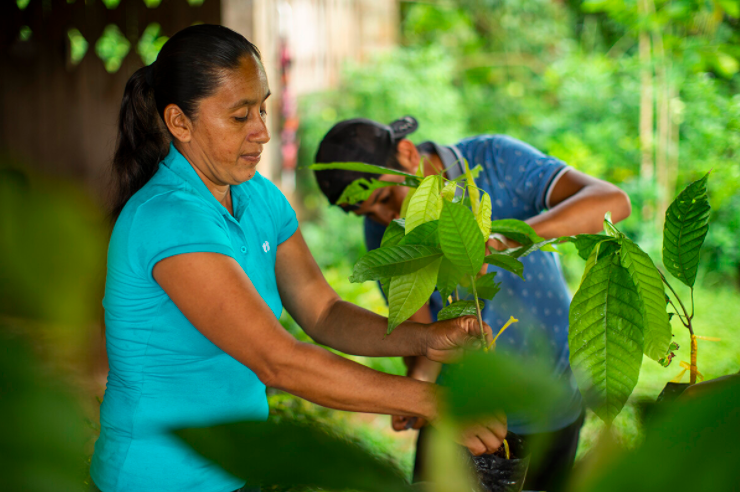
Complex realities for Central American, Mexican and Caribbean smallholder producers
At first glance, it may seem like smallholders do not always follow practices that meet sustainability standards. In response, companies and consumers make broad-sweeping decisions to eliminate contracts or refuse products from these producers. The response can help maintain their public image and apply pressure or incentivize smallholders to implement better practices. However, seemingly good intentions to uphold sustainability standards may have unintended negative consequences for the most vulnerable families in a value chain.
The reality is that smallholders in this region face multiple challenges to stay competitive and provide for their families. Many are unable to earn enough to hire additional help or workers to support harvest activities. In many cases, when children and young people help their parents and grandparents on the family farm, for example, they are actually contributing to their family’s livelihood.
“Children’s or adolescents’ participation in work that does not affect their health and personal development or interfere with their schooling, is generally regarded as being something positive,” clarifies the International Labour Organization (ILO).
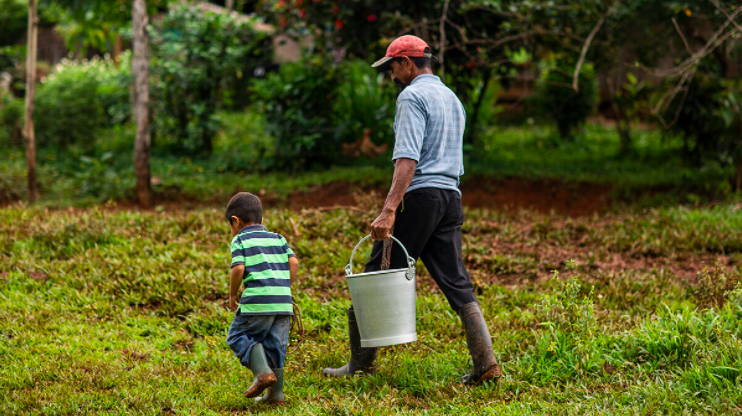
Like Nico, I believe that rather than serving to create positive change, the negative framing by international market players of the region’s challenges — deforestation or child labor, to name a few — may further aggravate the situation.
When companies like the one Nico mentions make broad decisions to simply stop buying from certain farms due to external perception of what’s happening in the field, it can create a negative ripple effect. Cutting off income for farmers and families who depend on it for their livelihoods worsens the situation for vulnerable families, and it can lead to dire consequences.
The case for solutions-oriented policies and practices
If we want to support companies seeking to improve the situation in the region, we must work towards solution-oriented policies and practices. Solidaridad’s strategy is to evaluate the whole system, from producers to traders to consumers, and provide tools for each player to catalyze positive and long-lasting change.
Our work facilitating multi-stakeholder platforms in the region — such as MAPA in palm oil, PanameriCaña in sugarcane, and other emerging platforms for coffee, cocoa, and livestock — surfaces solutions that bring benefits to actors all along the value chain. Solidaridad convenes representatives from the private and public sectors, from smallholder producers and cooperatives, and from civil society. This ensures the needs and interests of all are considered and mitigates negative unintended consequences.
At Solidaridad, we are convinced that dialogue among stakeholders, along with a genuine desire to understand the complexities of productive systems and to generate long-term solutions, creates lasting change that matters.
Benefits of all actors along the chain working together
In the Central America, Mexico and Caribbean region, Solidaridad reinforces and promotes sustainable practices in the field, so that processes become more efficient, the farmers and their families have a higher quality of life, and they contribute to protecting their resources along the way.
We work with farmers and producers to build their knowledge and practices around sustainability standards and to ensure that they are applying best practices. By strengthening their capacities to make better use of their resources, smallholders’ farms can become more productive, resulting in the ability to take advantage of premium pricing and strengthen their family income, improve food security and their family’s health, and give their children the resources and time to pursue a quality education.
Our work with companies, creating financial incentives for the producers who meet sustainability standards, also strengthens their position in the value chain. We help companies train their workers on health and safety to protect themselves and the environment and to develop internal policies, including helping them understand the nuances of child work versus child labor.
From the consumer side, to become truly responsible consumers who actively uphold sustainable values, we must also remember the context and realities smallholder producer families face. I urge you to learn, ask questions, and work to understand the complexity of production systems and the consequences — both positive and negative — of your choices as a consumer!
Written by
Alissa Moen Regional Development Manager for Central America, Mexico and the Caribbean
This article originally appeared on LinkedIn.

